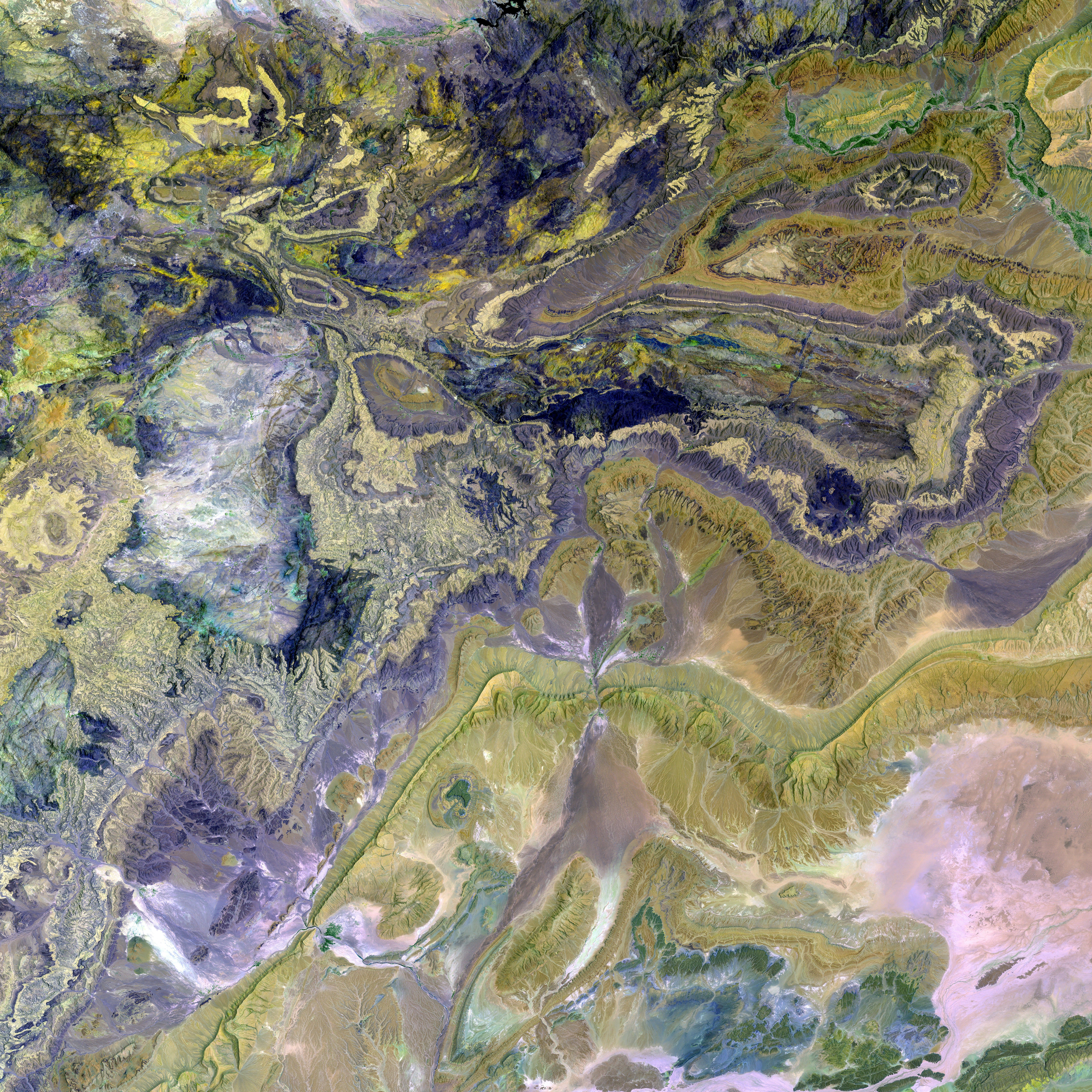Bär Advocates for Expanded German Participation in European Space Agency
Berlin - Germany's latest space minister, Dorothee Bär, envisions boosting Germany's participation in the European Space Agency (ESA) and fostering more self-reliance in space for Europe. In a recent statement on ZDF, Bär, a CSU politician, expressed the need for Germany to strengthen its presence within the ESA.
In negotiations for the federal budget, it will become clear how such growth can be achieved, as Germany currently holds a 21% share of ESA stocks. A potential increase would necessitate substantial additional financial resources. However, Bär underscored the importance of addressing the space sector more thoroughly due to its strategic significance, given the growing importance of satellites in crises and conflicts.
This is the first time in history that the Federal Ministry of Research, Technology, and Space appears. Bär also highlighted the need for Europe to be self-sufficient. Relying on other countries and commercial providers in times of crises and conflicts can have detrimental consequences. For instance, before the Russian attack on Ukraine, Europeans sent many satellites into space using Russian rockets and also US company SpaceX, commanded by Elon Musk, who previously threatened to restrict crucial communication for the war effort through his Starlink satellite network. European supporters of Ukraine are currently seeking a technologically equivalent substitute for this service.
On this 50th anniversary of ESA, the focus is on enhancing Europe's space autonomy. The ESA's collaboration with Germany, particularly the German Aerospace Centre (DLR), plays a significant role in advanced space technology and coordinating German involvement in ESA programs. The DLR, through events like the Tag der Raumfahrt, aims to promote awareness and scientific education about space research.
Projects such as Themis, which ESA supports financially, reflect an increasing effort to develop reusable launch vehicles, thereby reducing dependence on non-European space technologies. The ESA Agenda 2025 outlines its strategic priorities and offers opportunities for maintaining and expanding Europe's role in the space economy. The collaboration of EU countries facilitated through ESA contributes to a more robust and autonomous European space sector.
Sources:[1] Bundesministerium für Bildung und Forschung (2021). DLR TecDays 2025 | Bundesministerium für Bildung und Forschung. Retrieved February 2, 2023, from https://www.bmbf.de/de/dlr-tecdays-2025-18205.html[2] DLR (2022). Tag der Raumfahrt 2025. Retrieved February 2, 2023, from https://www.dlr.de/de/desktopdefault.aspx/tabid-7468/173_read-15191[3] ESA (n.d.). Themis. Retrieved February 2, 2023, from https://www.esac.int/space-science/space-projects/themis.html[4] ESA (2020). ESA's Agenda 2025. Retrieved February 2, 2023, from https://www.esa.int/ESA_Multimedia/Images/2020/02/Agenda_2025[5] DLR (n.d.). ESA. Retrieved February 2, 2023, from https://www.dlr.de/dlr/en/desktopdefault.aspx/tabid-7468/2477_read-26489
The German Aerospace Centre (DLR) aims to facilitate advancements in space technology through events like the Tag der Raumfahrt, thereby contributing to Germany's enhanced participation in the European Space Agency (ESA) and fostering self-reliance in space technology for Europe. To achieve this growth, substantial additional financial resources might be required as Germany's current share in ESA stocks stands at 21%. This focus on Europe's space autonomy is particularly significant given the strategic importance of satellites in crises and conflicts.




